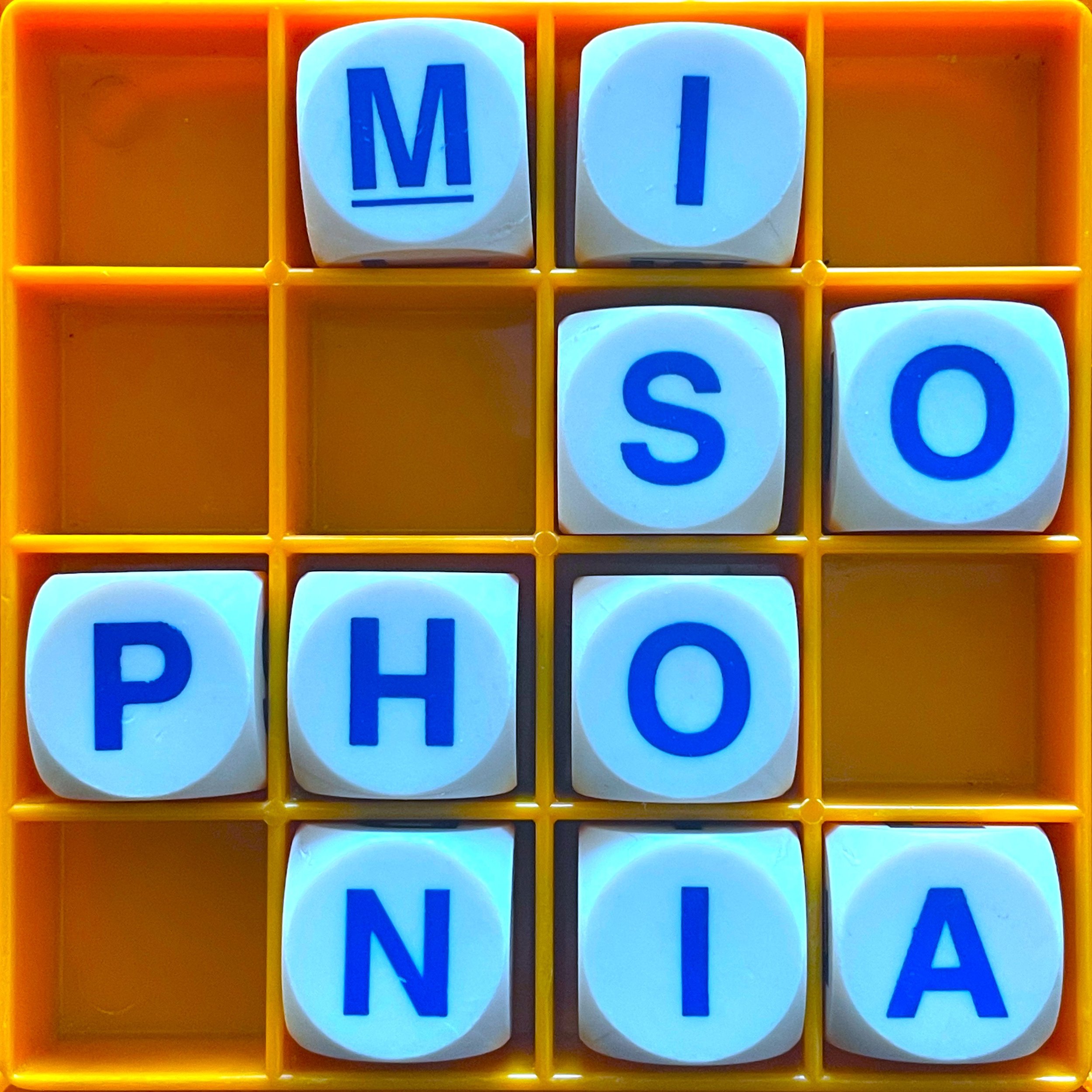In Lexicat part 1, we met the author Mary Robinette Kowal and her cat Elsie, and learned about how they communicate via a set of buttons programmed with words. In part 2, two talking dogs, Bastian and Parker - and their humans, Joelle Andres and Sascha Crasnow - join us too, and explain how they discovered some very unexpected things about what their animal companions are thinking and feeling thanks to the buttons, and how they changed the ways they communicate with other humans too. And animal behaviour expert Zazie Todd gives us some tips for interpreting cats’ and dogs’ body language.
Read moreAllusionist 204. Lexicat, part 1
Elsie the cat has a set of 120 buttons programmed with words. She uses them to lie, swear, apologise, express grief and frustration and love to her human, the author Mary Robinette Kowal, who talks about what's involved in learning to communicate via language buttons with companion animals. And animal behaviour expert Zazie Todd explains how animals might be interacting with human language.
Read moreAllusionist 184. Misophonia
The word 'misophonia' describes a condition that statistically, 20 per cent of you have: an extreme reaction to certain sounds. "For me, it was a relief to have a word for what I'd been experiencing," says Dr Jane Gregory, author of the new book Sounds Like Misophonia: How to Stop Small Noises from Causing Extreme Reactions, "because I thought for a long time that I was really uptight or maybe a bit controlling over other people, and that that was a problem with my character, as opposed to it actually being a problem with the way that my brain processes sounds." Jane offers advice for handling misophonia, including some very simple verbal techniques.
Read moreAllusionist 144. Aro Ace
The word 'asexual' has been used by humans describing themselves for several decades; 'aromantic' is newer. Both words enable people to voice identities that were unacknowledged for centuries, to find each other and build communities together, and to provide counternarratives to what the allosexuals are pushing.
Read moreAllusionist 129. Sorry
Apologies are such important verbal transactions. So why are so many of them soooo bad? Susan McCarthy and Marjorie Ingalls from SorryWatch and Laura Beaudin of fauxpolo.gy pinpoint what to look out for, to sort the apologies from the fauxpologies.
Read moreAllusionist 115. Keep Calm and
Twenty years ago, a 1939 poster printed by the British government with the words ‘Keep Calm and Carry On’ turned up in a second-hand bookshop in Northern England. And lo! A decor trend was born: teatowels, T-shirts, mugs, phone cases, condoms, and a zillion riffs on the phrase.
Bookshop owner Stuart Manley talks about unearthing the poster that spawned countless imitations; author Owen Hatherley explains why the poster was NOT, in fact, an exemplar of Blitz Spirit and British bulldog courage and whatnot; and psychologist and therapist Jane Gregory considers whether being told to keep calm can keep us calm.
Read moreAllusionist 114. Alarm Bells
How to communicate about climate in a way that results in useful action.
Read moreAllusionist 109. East West
On 9 November 1989, the demolition of the Berlin Wall began. Within a year, Germany was unified. East Germany dissolved and was incorporated into the Federal Republic of Germany, took on its currency and its rules - and its lexicon. What was that vocabulary, and where did it go?
Read moreAllusionist 108. Enjoy!
In the last Food Season episode of the current batch, we get into the language of restaurant service - specifically those terms that give some of us (well, me) fiery indigestion, like “Enjoy!” or “Are you still working on that?” Restaurant psychologist Stephani Robson and former server Sara Brooke Curtis explain how what servers say is affected by such things as restaurant furniture, tipping, the need to turn a table around quickly for the next diners, and customer moods and caprices.
Read moreAllusionist 81. Shark Week
What is the expression 'beyond the pale' on about? How do you express the absence of feeling? Does 'testify' have anything to do with testicles? Do avocados have anything to do with testicles? How does the phrase "It's all Greek to me" relate to food styling? Can you have a caper with capers? Are sharks misunderstood, etymologically and morally? And finally: where do allusions come from?
Read more








